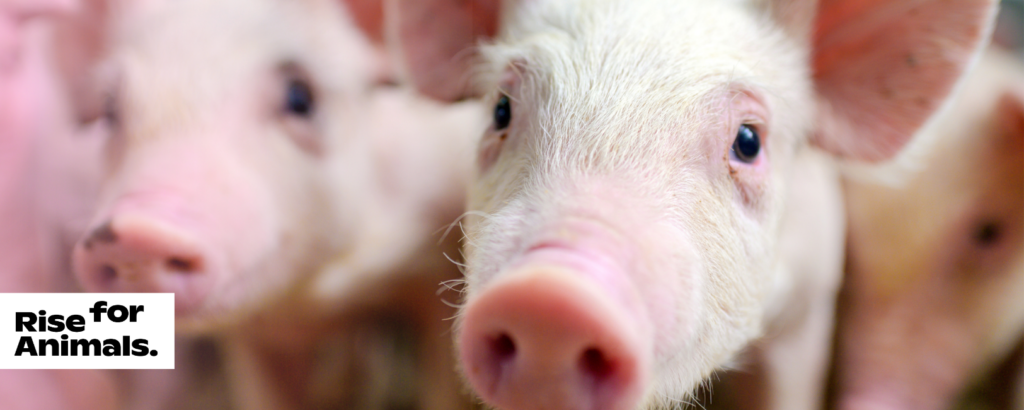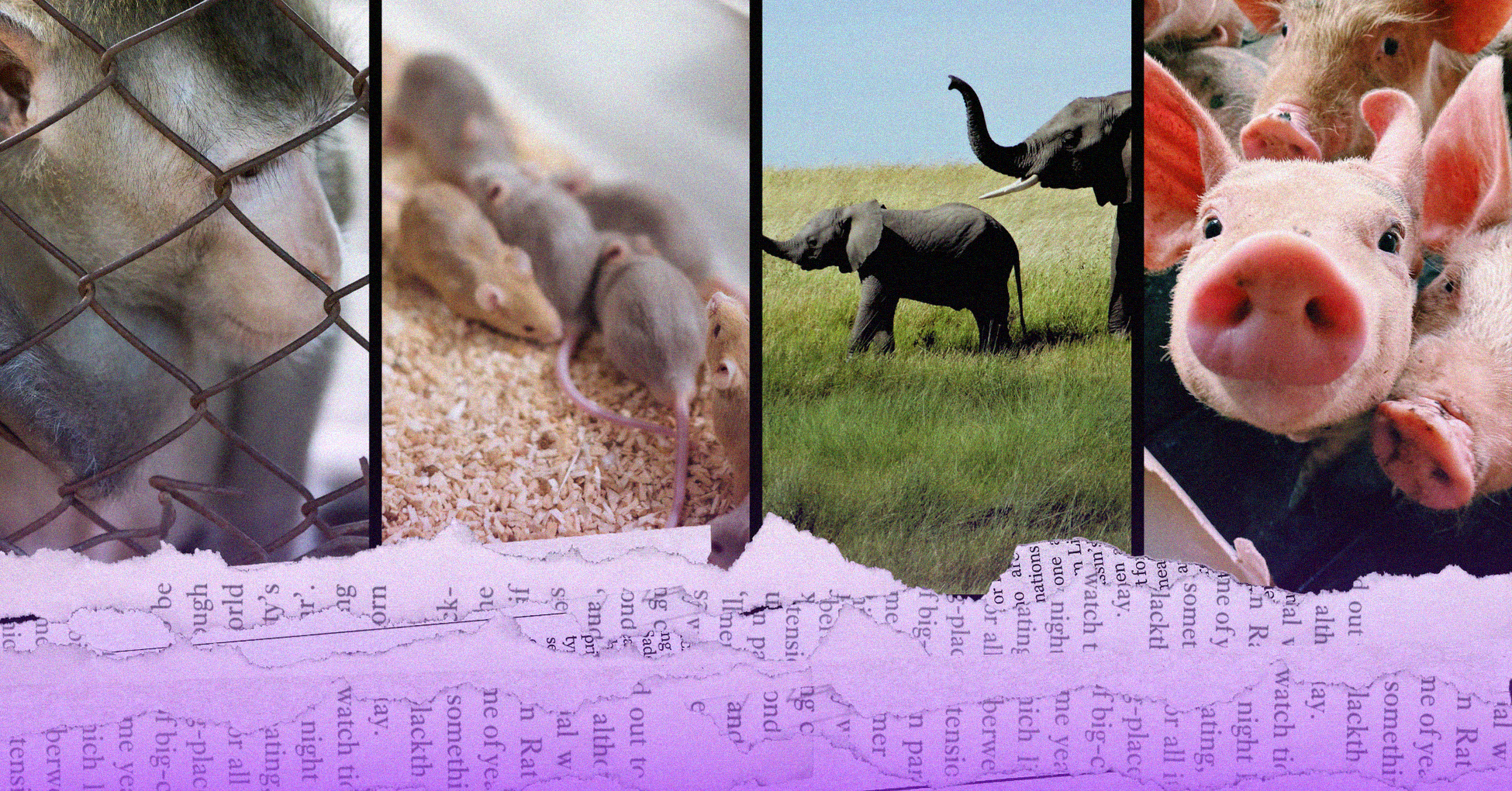
Here’s a roundup of this week’s biggest news stories related to animal research—all the recent media coverage you need to know right now to be the most effective activist for animals in labs.
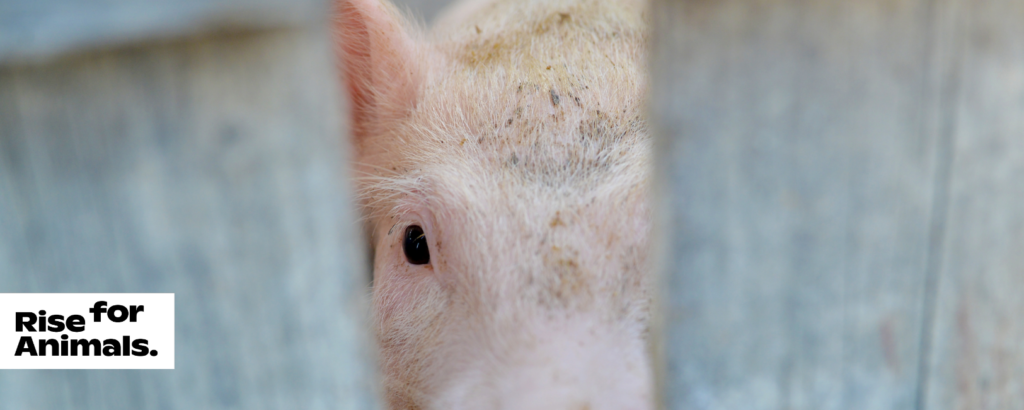
Pigs, Organs, and the Lies They Want You to Believe
Rise for Animals, 6/11/2024
Explore the reality behind xenotransplantation (animal-to-human organ transplants). Here, we delve into the significant risks this practice poses to both human and animal health. Learn how animal researchers manipulate public perception, downplay failures, and push for continued exploitation despite more promising, ethical alternatives. 📰 Full Story →
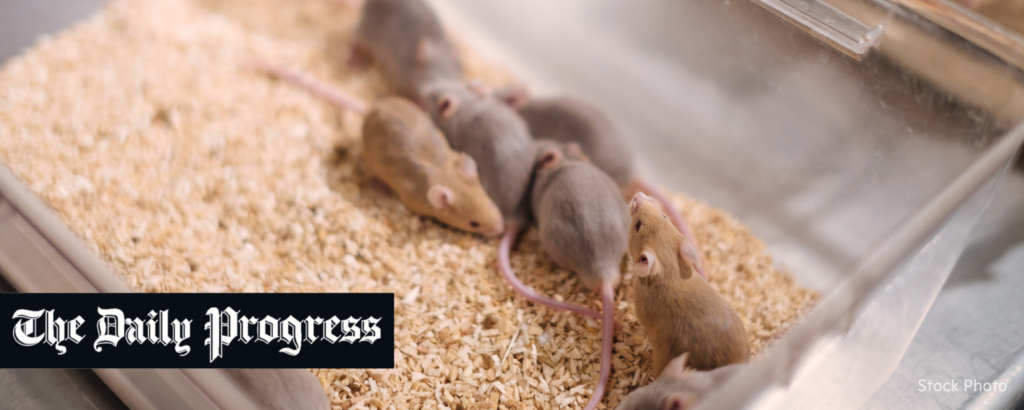
UVa Researchers Accused of Animal Neglect Lose Privileges
Emily Hemphill, 6/7/2024
“Two researchers at the University of Virginia had their animal-handling privileges suspended after reports showed they regularly neglected their own protocols and harmed multiple animals on federally funded projects.”
“ . . . the UVa researchers failed to keep adequate scientific records, monitor the welfare of animals post-operation or provide pain relief medication to a rat and three mice.”
“‘It also indicates that, the way this research is being done, it has very little to do with science. How do you perform an [experiment] and not keep track of records?’….” 📰 Full Story →

Fauci’s Cover-Up On Dog Experiments
Leighton Woodhouse, 6/7/2024
“In 2019, under the auspices of a microbiologist at the University of Ohio, researchers in Tunisia placed the heads of sedated beagles in mesh bags filled with starved sand flies . . . Later, the beagles were placed in outdoor cages for nine consecutive nights, in an area dense with sand flies infected with a parasite that carries the disease with which the researchers were trying to infect the dogs….”
“ . . . some of the dogs had their vocal cords severed to keep them from barking and howling in pain and distress.”
“In August of 2021, White Coat Waste Project . . . exposed NIAID’s support for the experiment . . . In October, based on White Coat Waste’s revelations, a bipartisan group of Congressional representatives released a letter expressing concern about cruel NIAID-funding experiments on dogs . . . The story generated a maelstrom online . . . NIAID staff went into damage control mode.”
“Then came a big story in the Washington Post about the ‘viral and false claim’ that NIAID had funded the Tunisia experiment. The reporters who wrote the story had evidently already reached their conclusion before they began reporting on it. Their email . . . asking for comment opened, ‘I am working on a story about a massive disinformation campaign that is being waged against Anthony Fauci.’”
“The media re-framing of the story had its intended effect . . . The Washington Post effectively banished it from mainstream public debate, though today, the paper published a fact check that contradicts much of the Post’s previous reporting.” 📰 Full Story →
Unpacking the Story of Fauci and Painful Experiments Involving Dogs
Glenn Kessler, 6/7/2024
“During the coronavirus hearing this week, Greene attacked Fauci as she held up a photo of two sedated puppies, their heads placed in mesh cages, as they lie on a table while being swarmed by sand flies.”
“The Tunisian sand fly study pictured in the photo . . . described how the beagles, between 6 and 8 months old . . . were sedated and then exposed to hundreds of sand flies that had been deprived of food for 24 hours.”
“The emails show that NIH was not fully transparent as it tried to handle a public-relations nightmare.” 📰 Full Story →

Elephants Have Names – And They Use Them With Each Other
Celia Ford, 6/10/2024
“Wild African elephants call each other by their names, according to a study published today . . . making them the only nonhuman animals known to use language like this.”
“Our ability to create and share vocal labels, like names, is part of what makes us human. Until now, this kind of arbitrary vocal labeling was thought to be unique to humans.”
“If elephants are intelligent enough to learn each other’s names, they may also have deep social bonds, complex thoughts, and a desire to connect with others – just like us. Findings like this pile onto mountains of evidence suggesting that we should rethink our current relationship with animals….”
“‘I honestly think we just scratched the surface of it,’ said [the lead author of the study].” 📰 Full Story →
Lawmakers Demand UI Animal-Testing Review After Watchdog Flags ‘Pet Dog’ Experiments
Vanessa Miller, 6/12/2024
“A state lawmaker is demanding the University of Iowa immediately audit its animal testing programs and pursue alternative research methods based on a watchdog group’s findings that UI researchers experimented on donated ‘pet dogs’ who then were ‘euthanized and dissected, despite the available treatments.’”
Said Rep. Taylor Collins, R-Mediapolis: “‘Were these actions not carried out within the confines of a laboratory, they would undoubtedly constitute animal abuse.’” 📰 Full Story →
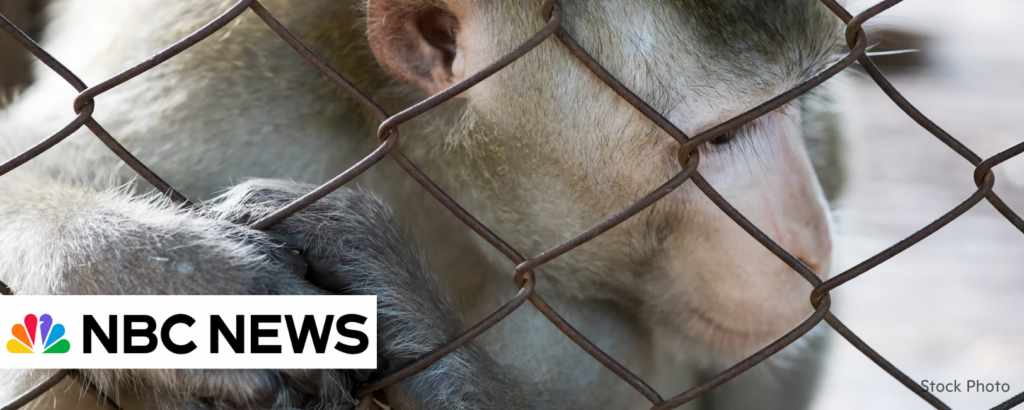
Georgia Residents Are Fighting Efforts to Build a Massive Monkey-Breeding Facility In Their City
Kayla Steinberg, 6/12/2024
“A plan to build a massive monkey-breeding facility that could eventually house 30,000 long-tailed macaques in a small Georgia city has sparked a multipronged legal battle pitting residents against a company whose executives have faced scrutiny for their past handling of animals destined for medical research.”
“The fate of the facility is in the hands of the Georgia Court of Appeals, which will consider Thursday whether to overturn the validation for a bond that the city of Bainbridge promised to Safer Human Medicine….” 📰 Full Story →

Analysis Finds Only One in 20 Therapies Tested in Animal Research Reach Approval for Human Use
Medical XPress, 6/13/2024
“An analysis of reviews of translational biomedical research reveals that just 5% of therapies tested in animals reach regulatory approval for human use. The study, an umbrella review, published June 13 in the open access journal PLOS Biology, summarizes other systematic reviews and provides high level evidence that while the rate of translation to human studies is 50%, there is a steep drop off before final approval.”
“In debates about the ethics of animal research, clinical translation is one of the main justifications of such work, yet there is little evidence on how many studies make it through each step and are finally approved.” 📰 Full Story →
This Little Piggie . . . Is Just Like Me
Rise for Animals, 6/13/2024
Pigs are smart, sensitive, and sentient. Did you know they can (and do!) smile? Or that they’ve been proven to empathize? Check out a bunch more fascinating facts about these amazing animals: 📰 Full Story →


